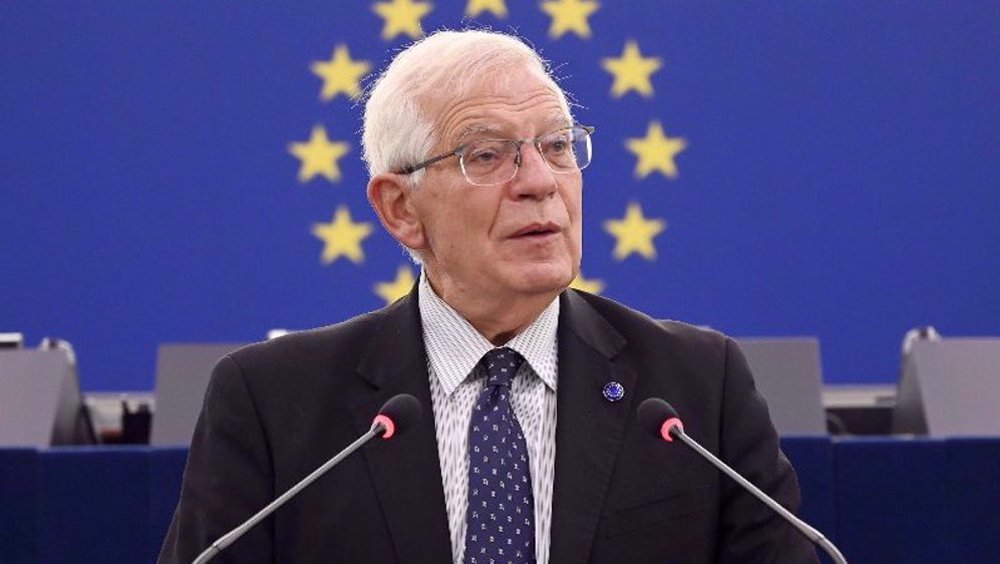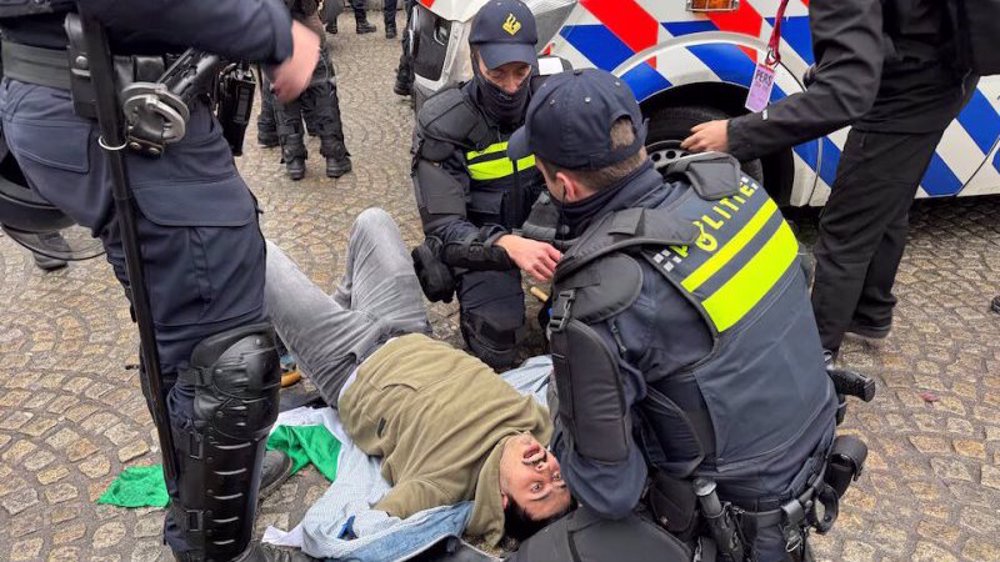Greece, Macedonia reach deal on name dispute
Greece and Macedonia have reached a deal to settle a dispute over the former Yugoslav republic’s name, which nevertheless faces potential hardships before it can be considered final.
Macedonian Prime Minister Zoran Zaev said on Tuesday that under the deal, his country would officially be renamed the “Republic of Northern Macedonia.”
Greece had long insisted that the name Macedonia implied territorial claims on a northern Greek province of the same name.
Zaev said the deal would open the way for the small Balkan country’s eventual membership in the European Union (EU) and the NATO military alliance, which used to be blocked by Athens over the use of the name Macedonia.
After holding a telephone conversation with his Greek counterpart, Alexis Tsipras, Zaev said an ensuing meeting between him and Tsipras may officially seal the accord.
“There is no way back,” he insisted, however.
“Our bid in the compromise is a defined and precise name, the name that is honorable and geographically precise — Republic of Northern Macedonia,” he said, expressing confidence that “by solving the name question, we are becoming a member of NATO.”
The deal, however, needs legislative ratification in both Macedonia and Greece and survival in a referendum in Macedonia, a difficult test for the country, where popular opposition has existed to any compromise.
“Today is a hard day for the Republic of Macedonia. We just saw a press conference where the defeat is shown as a fake victory,” said Macedonia’s opposition VMRO-DPMNE party leader, Hristijan Mickoski.
Thousands of people waged a major protest rally in the Macedonian capital of Skopje earlier this month to express opposition to the potential change of their country’s name.
Tsipras, the Greek prime minister, said separately that Skopje needed to revise its constitution before lawmakers in Athens could ratify the accord.

The name dispute had caused tensions between the two neighbors since 1991, when Macedonia broke away from former Yugoslavia, declaring independence under the name of the Republic of Macedonia.
However, many Greeks grew concerned that their northern neighbor was attempting to hijack Greece’s ancient cultural heritage, since Macedonia was the birthplace of Alexander the Great.
Protests have also been held in Greece against a deal with Macedonia.
VIDEO | ICC's arrest warrant for Netanyahu to worry Western politicians: Former British diplomat
Iranians protest against Israel after Netanyahu ICC warrant
Germany undecided on complying with ICC arrest warrants for Israeli war criminals
VIDEO | Former FBI agent criticizes US Congress for 'outright corruption'
IRGC chief urges Muslim countries to cut aid routes to Israel
'New chapter in cooperation': Iran, Venezuela sign new MoUs
Jordan sentences former lawmaker for supporting Palestinian resistance
Basij volunteer forces hold massive drills in southwestern Iran














 This makes it easy to access the Press TV website
This makes it easy to access the Press TV website